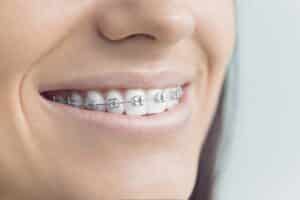
How Can I Tell If My Child Needs Braces?
How Can I Tell If My Child Needs Braces? Many parents notice small changes in their child’s smile and wonder if braces are needed. Teeth may look crowded, bites may seem uneven, or chewing may become difficult. At David Ross Orthodontics in Westminster Maryland, Dr. David Ross helps parents understand what is normal and what may need orthodontic care. This guide explains common signs, timing, and what steps parents can take to support healthy dental development. When should parents







